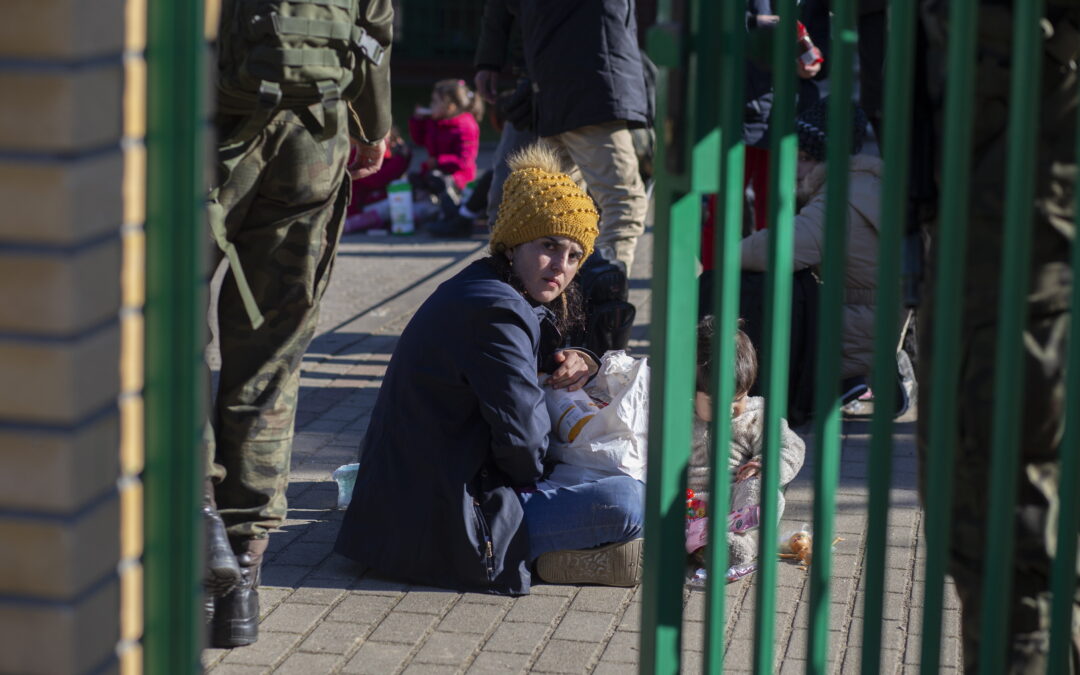New polling has found that a narrow majority of people in Poland support the government’s tough response to a surge in border crossings from Belarus. However, a similar proportion say they are opposed to the treatment of a group of families with children who were sent back over the border by the Polish authorities.
Since the start of August, over 10,000 attempted crossings – mostly by people from the Middle East, Asia and Africa – have been prevented by the Polish border guard, while a further 1,500 people have been detained in Poland and thousands more have made it to Germany.
In response, Poland’s government has declared a state of emergency along its side of the border and erected a razor-wire fence (which it plans to upgrade to a wall). It has also transported many people back across the border, which human rights groups and parts of the opposition say violates international law in some cases.
A new survey by Kantar for TVN finds that 54% of the public regard the measures taken by the government at the border with Belarus positively, including 27% who hold strongly positive views. Meanwhile, 36% see its actions negatively, including 17% very negatively.
Those findings echo previous polls conducted since the start of the crisis. Last month, 54% said that they approved the decision to introduce a state of emergency on the border, while 33% were opposed. Most also viewed the behaviour of the opposition in response to the crisis negatively.
The new Kantar poll also asked the public how they evaluate the actions of the Polish authorities towards a group of Iraqi and Kurdish families detained after crossing the border then sent back into Belarus. In this case, almost half (49%) said they held a negative view while only 36% were positive.
Poland has argued that the families had crossed illegally and did not wish to make an asylum claim in Poland – preferring instead to travel on to Germany – and so had to be returned.
But some media outlets and human rights groups claim that the group was seeking asylum in Poland. Others argue that, even if they were not, Poland had a moral duty to care for them rather than sending women and children back into danger.
Main image credit: Agnieszka Sadowska/ Agencja Gazeta

Daniel Tilles is editor-in-chief of Notes from Poland. He has written on Polish affairs for a wide range of publications, including Foreign Policy, POLITICO Europe, EUobserver and Dziennik Gazeta Prawna.




















